Chimeric antigen receptor–T cell therapy—already approved for some cancers—might help human patients with the autoimmune disorder.



An air-to-air imaging technology developed by NASA has resulted in the first images ever taken of interacting shockwaves produced by in-flight supersonic jets. The new images, in addition to being beautiful, will help NASA design jets capable of producing gentle rumbles instead of loud sonic booms when breaking the sound barrier.
The project, called AirBOS, or Air-to-Air Background Oriented Schlieren flights, recently took place at NASA’s Armstrong Flight Research Center in Edwards, California, reports NASA in a press release. A new imaging system used during the test is now the first to capture high-quality images of interacting shockwaves produced by two different aircraft.
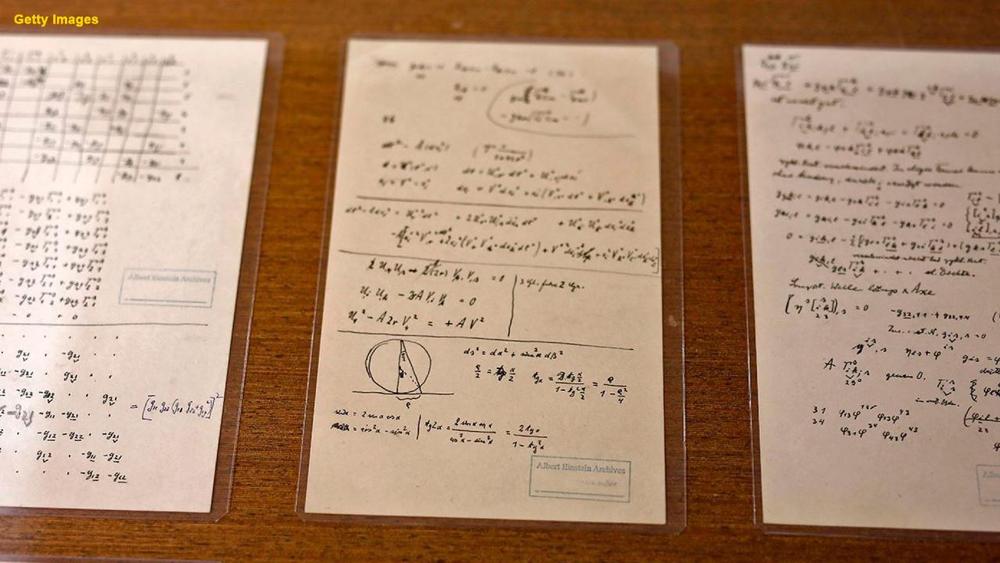
A famous “puzzle” from perhaps the world’s most famous theoretical physicist, Albert Einstein, has been solved, after a missing page was found.
The handwritten page was part of an appendix of a 1930 paper written by Einstein towards a unified field theory. It was discovered approximately two weeks ago, officials at Hebrew University said, nestled alongside other Einstein archives.
“But in the copies we had, one page was missing, and that was a problem. That was a puzzle,” Hanoch Gutfreund, scientific advisor to the university’s Einstein archive, said in comments to the AFP.
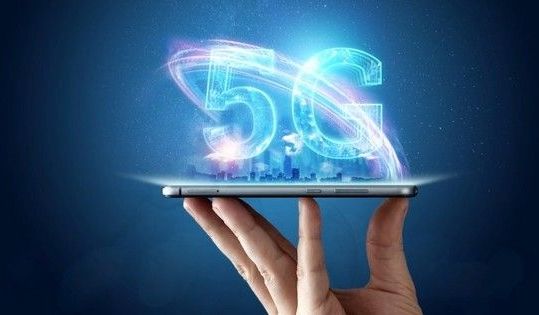
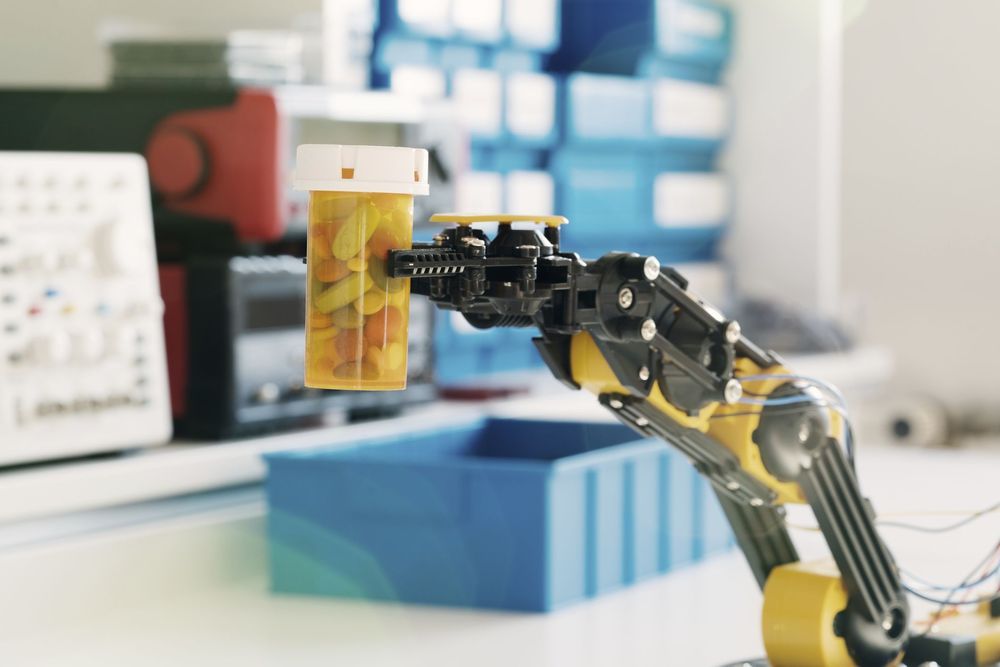

When you think of old photographs, you naturally think in terms of black and white, but as you can see from these stunning photographs from the turn of the 20th century, color photography has been around for a lot longer than you think.
Before 1907, if you wanted a color photograph then you (well, a professional colorist) basically had to color it in using different dyes and pigments, but two French brothers called Auguste and Louis Lumière changed all that with a game-changing process that they called the Autochrome Lumière. Using dyed grains of potato starch and light-sensitive emulsion, they were able to produce vibrant photographs without the need for additional colorization. Despite being difficult to manufacture and also somewhat expensive, the process was very popular among amateur photographers and one of the world’s first books of color photography was published using the Autochrome Lumière technique.
The brothers revolutionized the world of color photography until Kodak took things to a whole new level with the invention of Kodachrome film in 1935, a lighter and more convenient alternative that quickly made the Autochrome Lumière obsolete (although its popularity continued in France up until the 1950s). Kodachrome was also eventually overtaken by the rise of digital photography (Kodak stopped manufacturing Kodachrome in 2009), which is now by far the world’s most popular way to take pictures, but modern advances in photographic technology wouldn’t have been possible without the hard work of early pioneers like Auguste and Louis Lumière. Scroll down for a collection of stunning century-old color photographs using their groundbreaking technique.
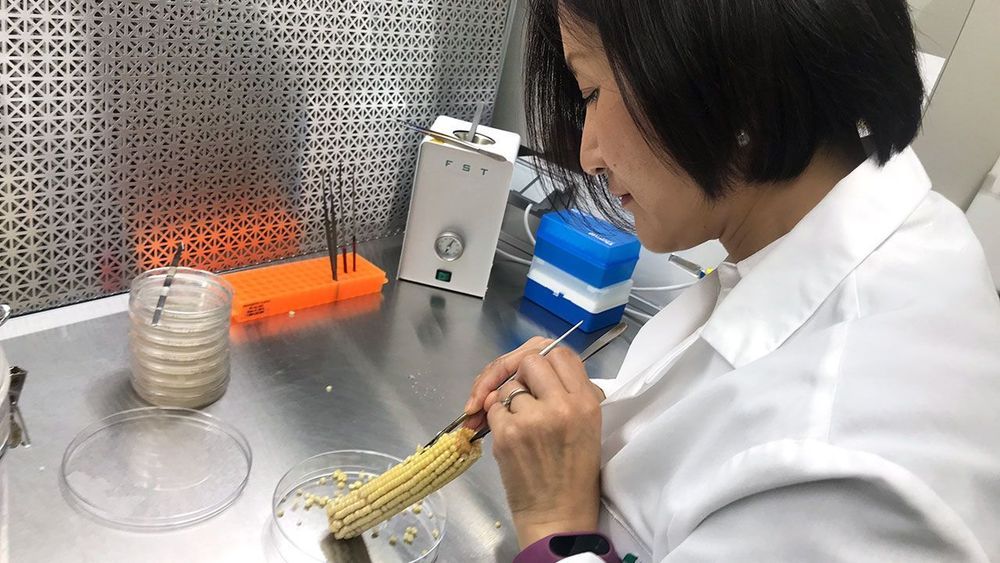
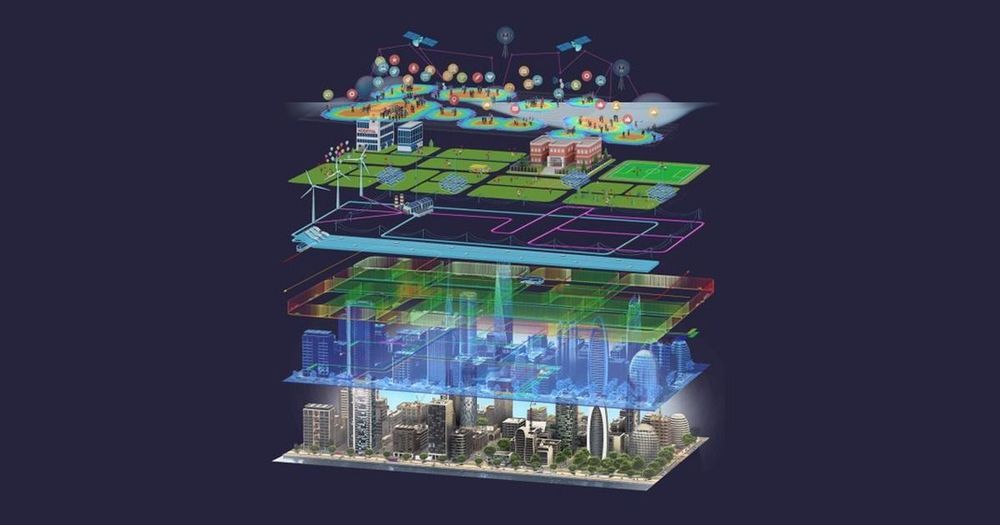
THE FUTURE OF FLOW — from my recent keynote at Mindvalley’s Afest.
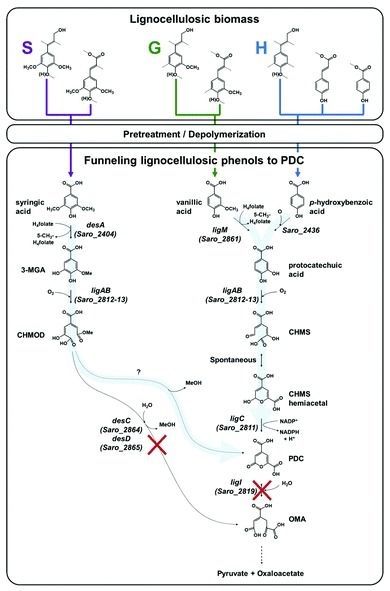
Learning to deal with lignin is important for recycling and space settlements. Unused biomass on space settlements and long-term voyages is something that just can’t be tolerated. The same problem exists in dealing with plant waste on earth. A new process helps convert it into a precursor for polyester, which can be used for all kinds of other materials.
Plant cells are composed of three main substances: cellulose, hemicellulose, and lignin. According to Yining Zeng, Michael E. Himmel, and Shi-You Ding in Biotechnology for Biofuels, the composition amounts to “40 to 50% of cellulose, 15 to 25% hemicelluloses, 20 to 25% lignin, and 5 to 10% other components.[1]” For the most part, the only truly useful part is the cellulose and the hemicellulose. The lignin is usually just thrown away. The most common use is fuel for heating units. That’s right. They just burn it.
We can’t keep doing it that way. However, there really isn’t an alternative. Until now. A recent article in Science Daily referenced a new journal article about the use of Novosphingobium aromaticivorans. This is “genus of Gram-negative bacteria that includes N. taihuense, which can degrade aromatic compounds such as phenol, aniline, nitrobenzene and phenanthrene.[2]” Using genetic engineering, they deleted certain genes which allowed the microbe to convert lignin into 2-pyrone-4–6-dicarboxylic acid, which can be converted into polyester. The detailed information is available for free download and was published under the title “Funneling aromatic products of chemically depolymerized lignin into 2-pyrone-4–6-dicarboxylic acid with Novosphingobium aromaticivorans.[3]”